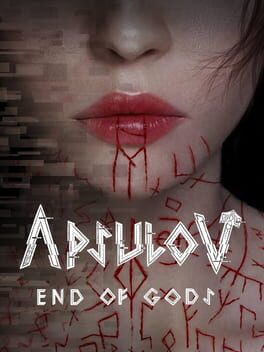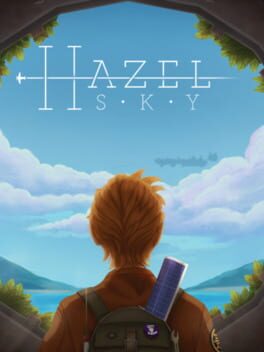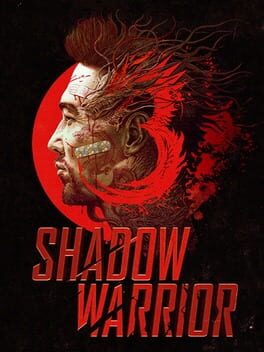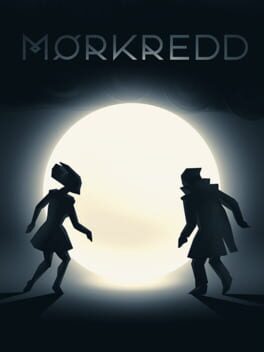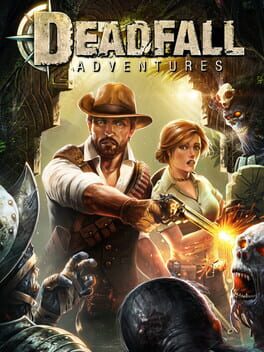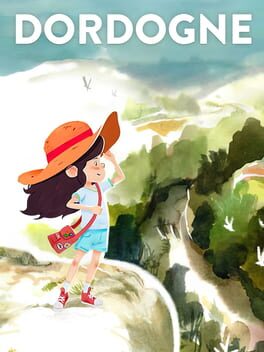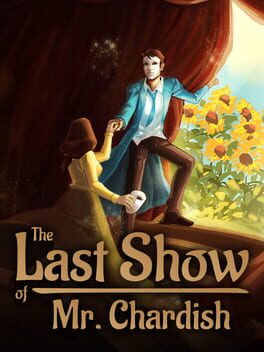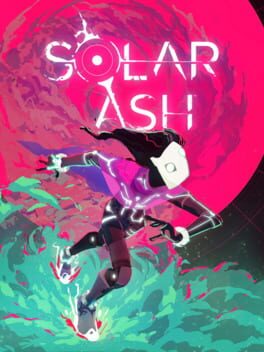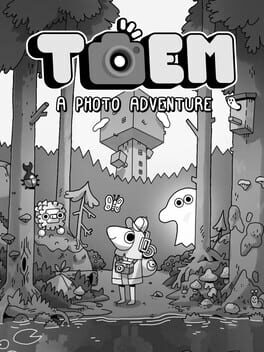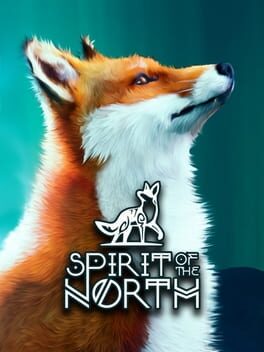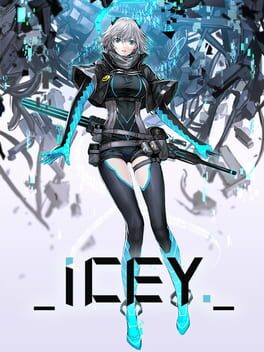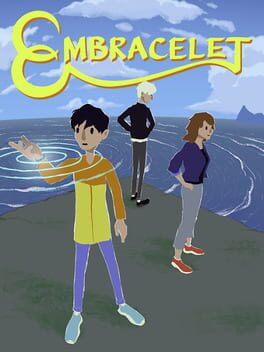Mancheg00bfusc8r
2019
this one seems to have garnered a fair bit of praise from indie horror fans upon its release in 2019, but after spending a few hours playing it, I'm honestly not sure why. Sure, a sci-fi take on Norse mythology is novel territory for a horror game (though not for gaming in general, though surely nobody likes to be reminded of Too Human), but otherwise, it's just dull all around: from the level design, to the exposition dumps, to the enemy design, to the unenjoyable stealth mechanics, to the "shoot green energy" mechanic for environmental interaction. Save points can be fairly far apart too, which is frustrating when enemies kill you quickly (even on easy difficulty) or you accidentally stumble into into a bottomless pit. Recommend playing these devs' previous horror game, Unforgiving: A Northern Hymn, instead.
2022
Solid third-person walking simulator/exploration game with nice visuals (character models aside) about piecing together various flying vehicles. Some rough edges (unskippable walkie-talkie conversations that keep you from jumping or interacting with the environment for their duration, and the controls for grabbing objects and platforming generally aren't as tight as they should be), and the more open-ended third area probably could have used more signposting, but still a decent short play overall.
also recommend playing with Brazilian Portuguese voice acting instead of English, because the latter is... not great
also recommend playing with Brazilian Portuguese voice acting instead of English, because the latter is... not great
2022
Not nearly as polished as its obvious inspirations of Doom 2016/Eternal - it suffers heavily from stutter on PC, many of the gated combat encounters go on for way too long, I encountered some bugs with certain attacks not working properly, and it doesn't feel like combat makes full use of the traversal moveset (the fact that the grappling hook only works on the weakest enemy types is a major missed opportunity) - but the combat and gimmicky platforming setpieces are still pretty damn fun regardless.
2020
A co-op puzzle game (which can also be played in SP by using one controller to control both characters, a la Brothers: A Tale of Two Sons, which is how I played it) where two characters must manipulate a light orb around a labyrinth to avoid deadly shadows. Love the art direction and it's a solid enough premise, but unfortunately didn't care for the execution of the shadow mechanic; the fact that falling into shadow will kill a character near-instantly (sending you back to the most recent checkpoint), and especially that one playable character can cast a lethal shadow on the other, results in far too many accidental deaths even when just doing extremely basic navigation around the level to figure out a puzzle. Ultimately, I just found it too frustrating to recommend, let alone to finish; it might be better in co-op, but I imagine the shadow mechanics would still be an issue.
2019
2013
Was inspired to buy a cheap Steam key for this after the Indiana Jones and the Great Circle reveal. Basically an attempt to do a Tomb Raider-style action/adventure in first-person, and not as janky as I had expected going in, but the puzzles just aren’t that interesting or fun to solve; I quit after a particularly tedious one a few levels in involving navigating a maze of floor spikes while shooting small targets.
2023
A bit too slow for its own good in its earlier chapters, and leaves some major plot threads dangling, but the visuals (which combine 2D watercolor art with simple but expressive 3D models to generally appealing effect), atmosphere, characters, and voice acting of this very French narrative game carry it a long way.
2023
Very Edith Finch-inspired walking sim set around an old theater after the death of its featured playwright; as you explore, you'll find various masks, each of which sends you into a fantasy world inspired by one of the plays, with each world having its own distinct gameplay mechanics. Not nearly as good as Edith Finch, unsurprisingly (the "plays" feel very little like anything that could have been performed on a stage, and their central mechanics are nicely distinct from one another but don't tie into the story nearly as well), but it's still an admirably ambitious walking sim for a project that I imagine was developed on much less resources than Edith Finch, and manages to be polished enough to warrant a one-sitting play.
2023
2021
Extremely flawed, to be sure: the art direction and atmosphere feel like they'd have better suited an abstract narrative told largely through implication (like Heart Machine's previous game Hyper Light Drifter) than the fully voiced, dialogue-heavy story here; enemies kept knocking me to the ground or killing me during platforming sequences when I had to get lucky just to successfully attack them; and while I somewhat respect the minimal handholding aside from a few objective markers, I felt I still ended up spending too much of my playtime aimlessly wandering around for a path forward. And all that said, the excellent traversal, great art direction, and Shadow of the Colossus-meets-Journey -meets-Mario Galaxy-meets-Zelda gameplay were enough to keep me playing through the end. A qualified recommendation, but even with its frustrations, still worth trying if that mix of influences sounds compelling.
2021
a thoroughly delightful, relaxing photography game with charming black-and-white graphics, combining appealingly simple 2D characters with minimalistic 3D environments. A few of the objectives are fairly obtuse and a map wouldn't hurt in the larger stages, but the requirements to progress to a new stage are thankfully pretty lenient, which appropriately keeps this on the casual side unless you're a completionist.
2019
it's no secret I'm a big fan of the Journey/ABZU-like subgenre, but it's also an easy subgenre to get wrong, and Spirit of the North unfortunately falls into that category. slow pacing, uninteresting level design with frequently unclear objectives, and clunky platforming mechanics were enough to turn me off after only a few chapters. at least it's pretty!
2016
the meta elements are intriguing and fun (even if the likes of The Stanley Parable and NieR Automata did it better), and the combat is initially enjoyable, but the shallowness and repetition set in pretty fast (not helped by a lack of enemy variety), and the checkpointing is pretty dire; even on Easy, the difficulty eventually spikes to a point where it just isn't worth bothering.
2020
The Norwegian setting and crude low-poly visuals are mostly charming, and the "teen boy investigating his grandfather's past with a magic bracelet" setup has potential. unfortunately, it seems like most of the game is set on one island, which you're asked to explore without any sort of navigational aids - no objective markers, no fast travel, not even an in-game map - and the island map is already large enough to make backtracking tedious; the fixed camera and awkward controls don't help in orienting yourself, either. maybe I'll give it another shot at some point, but that's enough to turn me off from this game for now
